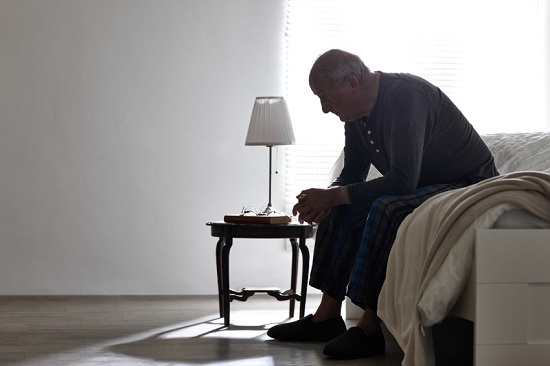
The effects of hearing loss appear obvious, including the frustration of the constant battle to hear and the impact this can have on relationships. But what if the consequences went deeper, and could actually influence your personality?
Research from the University of Gothenburg suggests that this might be the case. The researchers studied 400 individuals aged 80-98 over a six-year time frame. The researchers measured several physical, mental, social, and personality measures through the duration of the study, including extroversion, or the disposition to be outgoing.
Unexpectedly, the researchers couldn’t link the reduction in extraversion to physical variables, cognitive decline, or social issues. The one factor that could be linked to the decline in extraversion was hearing loss.
While people typically become less outgoing as they age, this study demonstrates that the change is amplified in those with hearing loss.
The repercussions of social isolation
Reduced extraversion, which can trigger social isolation in the elderly, is a major health risk. In fact, a meta-analysis of 148 studies examining the relationship between social isolation and mortality found that a lack of supportive social relationships was correlated with increased mortality rates.
Social isolation is also a major risk factor for mental illness, including the onset of major depression. Going out less can also result in decreased physical activity, contributing to physical problems and weight issues, and the lack of stimulation to the brain—typically received from group interaction and dialogue—can lead to cognitive decline.
How hearing loss can trigger social isolation
The health effects of social isolation are well developed, and hearing loss seems to be connected to diminished social activity. The question is, exactly what is it about hearing loss that makes people less likely to be socially active?
The most apparent answer is the trouble hearing loss can present in group settings. For people with hearing loss, it can be exceedingly challenging to follow conversations when several people are talking all at once and where there is a large amount of background noise.
The continuous battle to hear can be fatiguing, and it’s sometimes easier to abandon the activity than to struggle through it. Hearing loss can also be embarrassing, and can produce a sensation of alienation even if the person is physically part of a group.
For these reasons, amongst others, it’s no surprise that many individuals with hearing loss decide to steer clear of the difficulties of group interaction and activity.
What can be done?
Hearing loss triggers social isolation largely because of the difficulty people have communicating and participating in group settings. To make the process easier for those with hearing loss, consider these guidelines:
- If you have hearing loss, consider using hearing aids. Today’s technology can treat virtually all cases of hearing loss, rendering the amplification required to more effortlessly interact in group settings.
- If you have hearing loss, talk to the group ahead of time, educating them about your hearing loss and promoting ways to make communication easier.
- For those that know someone with hearing loss, attempt to make communication easier. Limit background noise, choose quiet areas for communication, and speak directly and clearly to the person with hearing loss.
With a bit of awareness, preparation, and the right technology, we can all make communication a little easier for those with hearing loss.
